On your quest to find your ideal Salesforce advisor, you might be tempted to jump straight into the technical questions in order to vet the candidate for their know-how. While their technical ability is important, it might be more beneficial for you to find out what kind of work they have been involved with in the past.
While you’ll be able to find plenty of advisors with a general understanding of Salesforce, you’ll want an advisor that has experience specific to your needs. Before you start interviewing, take time to understand what your project will entail and what specialties you’ll need to look for in an advisor.
In this blog series, we are discussing these key questions to ask a potential Salesforce advisor before you consider hiring them. In our last blog, you learned that you need to have a general idea of what an advisor knows through his certifications. Now it’s time to ask: What experience do you bring to the table?
What industries have you worked with?
Dave Averill, customer service manager at Salesforce.org, writes, “Find a partner who is an expert at your type of organizational model, if you can. Some partners are great at serving direct service organizations, and some are great at serving grassroots environmental organizations.” Projects are going to look different for a government agency than for a media outlet. If you’re a nonprofit, billing is going to work much differently than for a retail store. Look at what clients the advisor has worked for in your specific industry, whether it’s finance, education, real estate, manufacturing, healthcare, etc.
What types of services have you provided?
What aspect of your business are you hoping the advisor can help you improve upon? Is the project in question geared at empowering your IT department? Or are you overhauling your HR team’s processes? Or maybe it’s much more general and company-wide, like training programs?
How many projects have you completed?
If an advisor has completed a dozen projects for government agencies but only one for a non-profit, chances are he would much rather do work for another government agency than for your charity. It’s nothing to hold against him, personally—you and the advisor both want to play to his or her strengths.
What is your CSAT score?
The customer satisfaction, or CSAT, score is a key performance indicator for any advisory or implementation partner. You can find these CSAT scores on the AppExchange. Customer satisfaction scores are calculated using customer feedback collected over an 18-month period.
How big are your clients?
This will help you understand how large a project the advisor is comfortable working on. A single-location client will have different needs from a conglomerate. A company with a dozen employees will want to solve different problems from one with hundreds. Remember this: just because he’s done work for Amazon doesn’t mean he’s right for you. You want an advisor who is accustomed to the scale on which you work every day.
Knowing a candidate’s past job details will take you another step closer to recognizing the right advisor for your specific needs. But you need to go deeper yet! Look out for the next blog in this series where we will cover how to make sense of a candidate’s past job references.

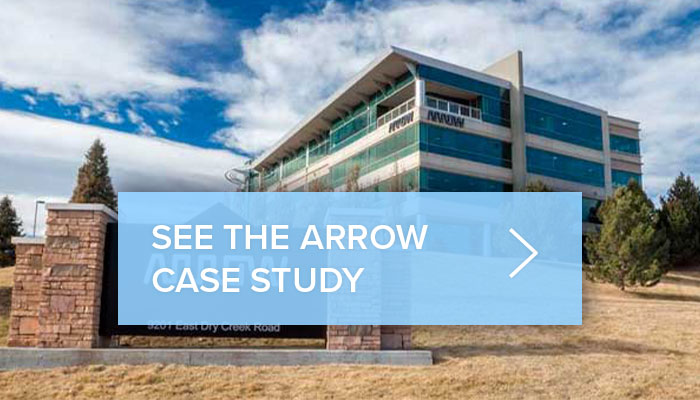
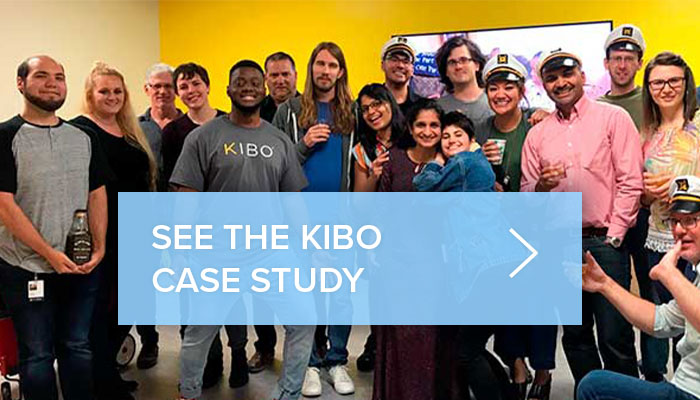
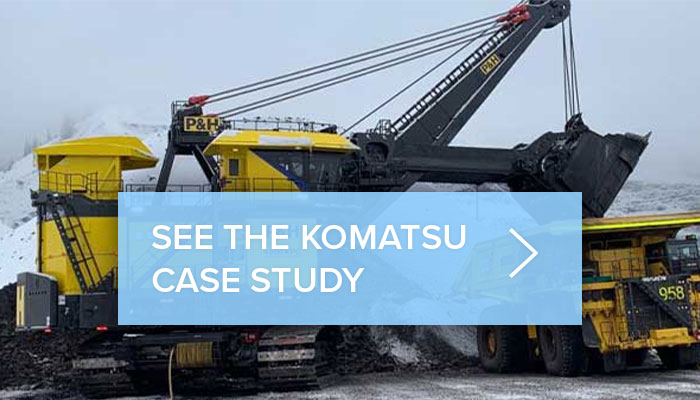


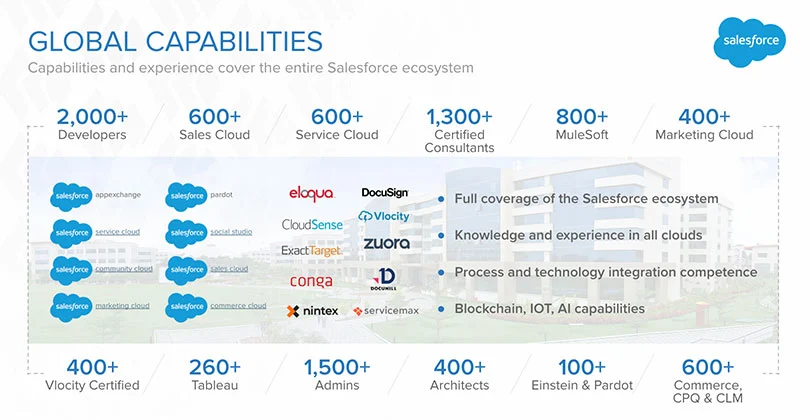
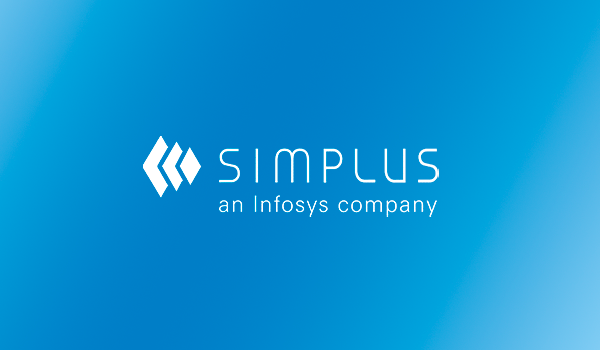

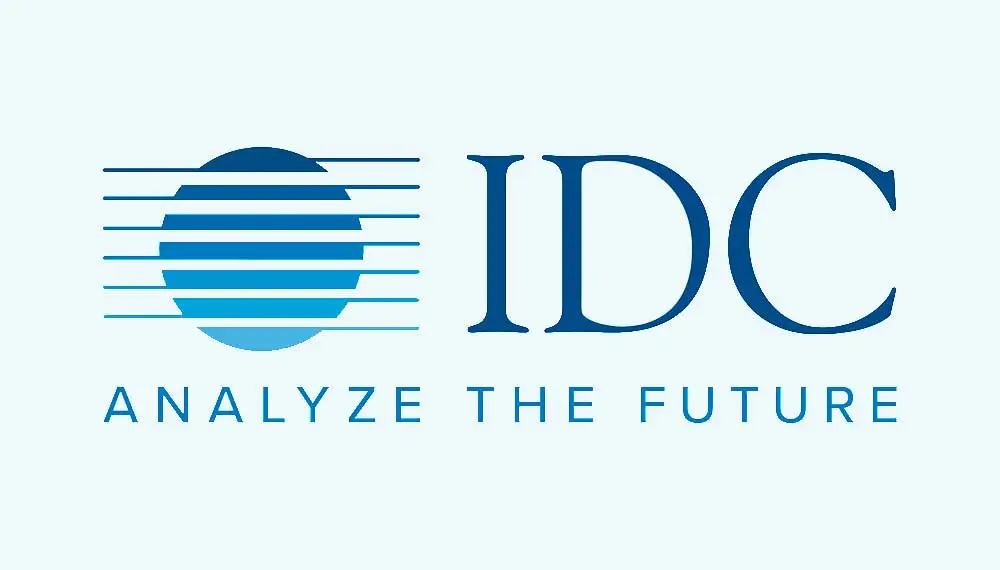





















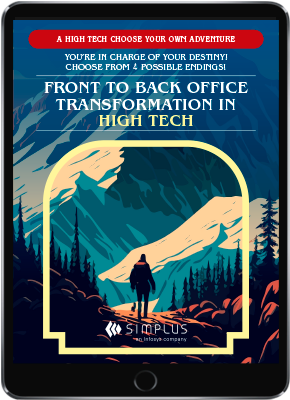
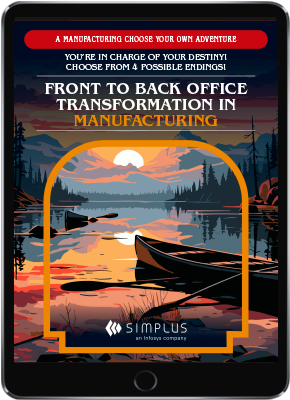
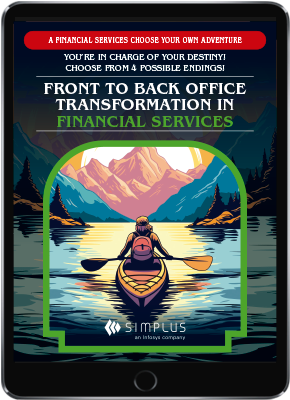




















0 Comments